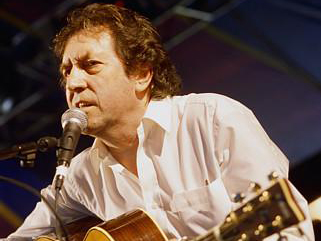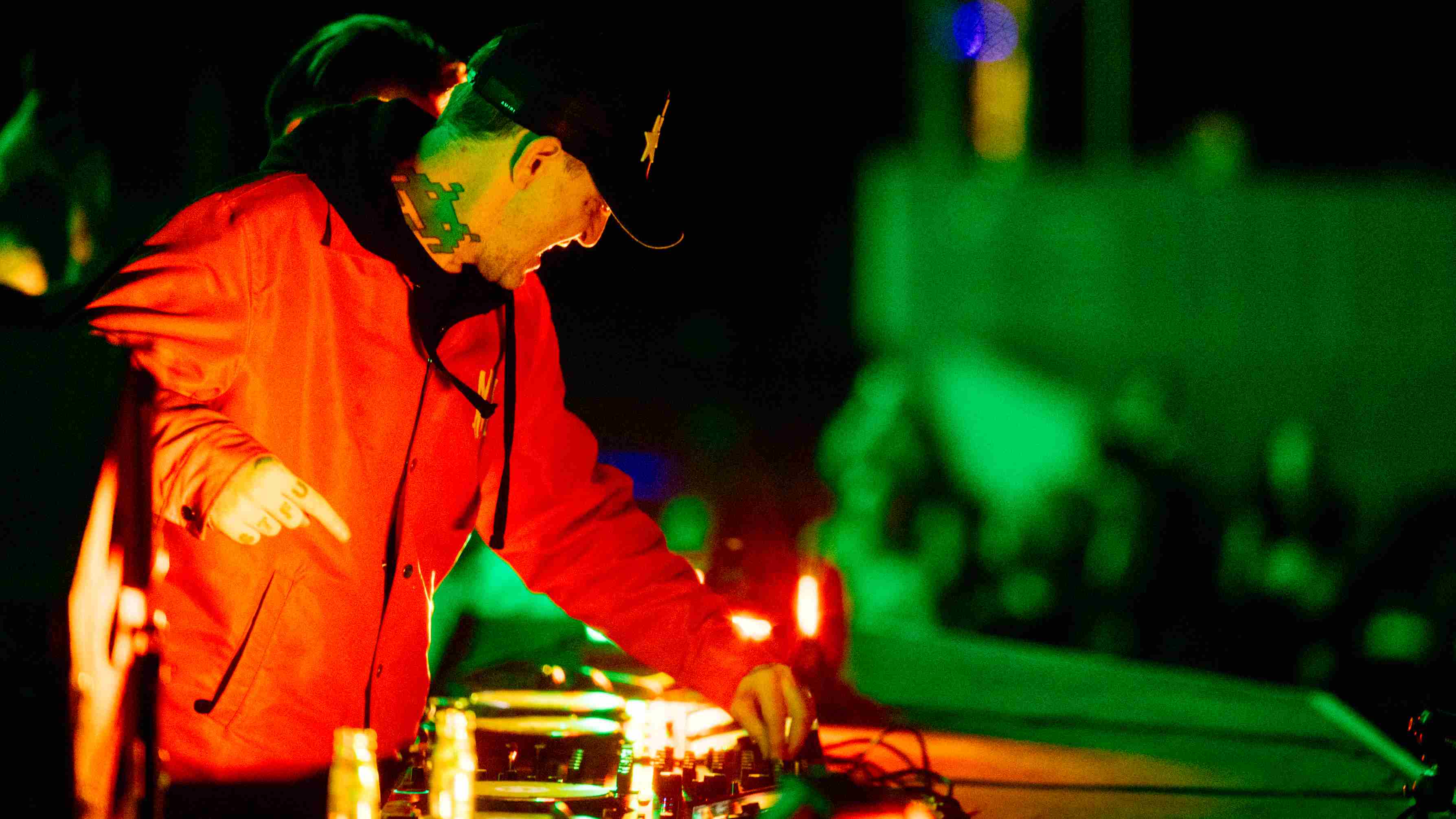Bert Jansch dies aged 67

Beyond his unassailable position as one of the figureheads of the British folk revival of the 1960s, Bert Jansch, who died on Wednesday (5 October) after a long battle with cancer, was a respected and influential guitarist who made an impact across all musical genres.
Often lauded as a musician's musician, Jansch had many famous fans. Neil Young once said "as much as a great guitar player Jimi Hendrix was, Bert Jansch is the same thing for acoustic guitar, and my favourite," while according to Johnny Marr "he completely reinvented guitar playing and set a standard that is still unequalled today. Without him, rock music as it developed in the '60s and '70s would have been very different."
Born in Glasgow in 1943, he moved to London in his early 20s, recording his self-titled debut album on reel-to-reel tape deck before pitching it to Transatlantic Records. It went on to sell 150,000 copies to fans already enthusing over other new folkies on the block: John Renbourn, Davey Graham and Anne Briggs.
He made a further two albums in tandem with Renbourn before the pair formed Pentangle, the group dynamic providing an ideal platform for their "folk baroque" interweaving guitars.
Blues influence
Although he flew the flag for British folk, Jansch's style borrowed from American blues guitarists such as Brownie McGhee and Big Bill Broonzy, imbuing traditional motifs with a tougher, more modern and blue collar edge. His playing was often characterised by elaborate string-bending and daring leaps in time-signatures.
This would give his songs an added dimension, enabling the instrumentation to follow the path of the lyrical melody, as opposed to maintaining a steady rhythm (more than one '60s reviewer labelled him "the British Bob Dylan").
The broader canvas of Pentangle's recordings found Jansch exploring banjo and concertina, but still resisting (for the most part) the call of the electric guitar, although one amped-up axeman was clearly taken by his virtuosity. He frequently claimed that Jimmy Page based Led Zeppelin's Black Mountain Side, from their 1969 debut album, on Blackwaterside from Jansch's own solo long player, Jack Onion, released three years earlier.
Get the MusicRadar Newsletter
Want all the hottest music and gear news, reviews, deals, features and more, direct to your inbox? Sign up here.
Transatlantic toyed with the idea of taking the rock band to court but felt they didn't have the financial clout for a potentially lengthy and expensive legal battle.
Page was never shy about acknowledging the influence Jansch had on his own playing.
"At one point, I was absolutely obsessed with Bert Jansch," he once said. "He was so far ahead of what everyone else was doing."
Later work
Pentangle split in 1973, but Jansch continued to work intermittently with Renbourn and the group's bassist Danny Thompson. They reformed briefly in the early '80s, and again in 2007 after receiving a lifetime achievement gong at the BBC Radio 2 Folk Awards (an honour bestowed upon them by another famous fan, Sir David Attenborough), although there was no new material.
Jansch's last album, The Black Swan, was released in 2006, and featured contributions from young admirers Beth Orton and Devendra Banhart, while Blur's Graham Coxon cited him as a major influence on the guitar style of his 2009 solo release The Spinning Top (on which Pentangle's Thompson guested).
Having been diagnosed with a tumour on his lung in 2009 after a routine visit to a dentist, Jansch continued to perform between bouts of treatment, even managing a co-headlining tour of the US with Neil Young. His last booked shows in August were cancelled when his condition worsened, and he passed away in a North London hospice.
“A fabulous trip through all eight songs by 24 wonderful artists and remixers... way beyond anything I could have hoped for”: Robert Smith announces new Cure remix album
“He knows what I'm thinking and feeling before I even know it": Billie Eilish suggests that she and brother Finneas can read each other's minds









